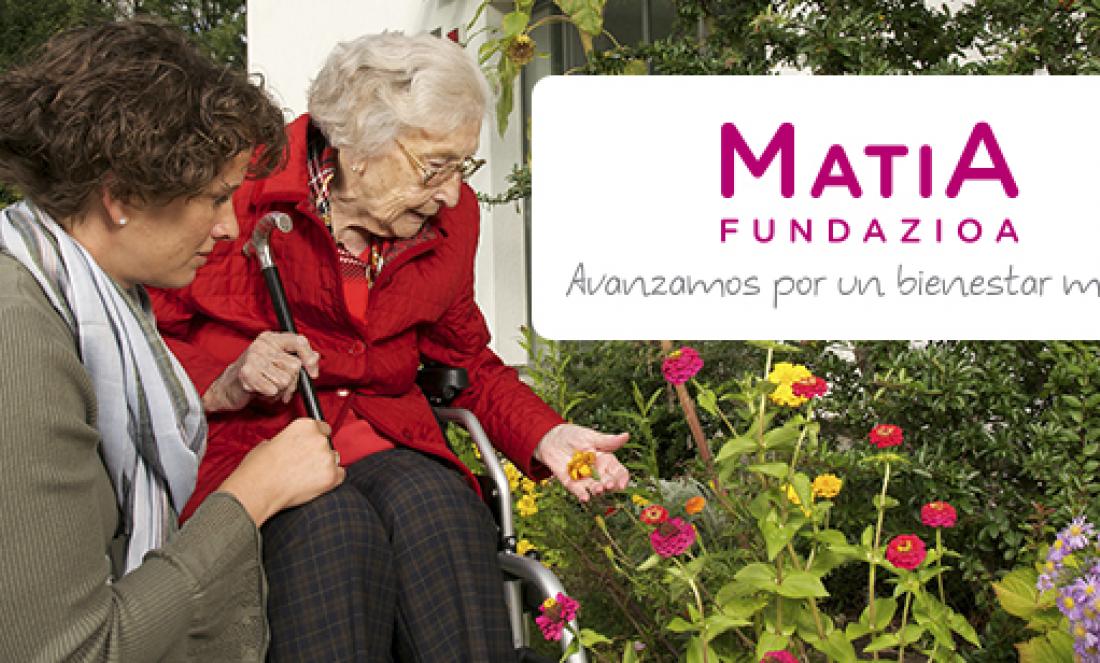
Person-centred care model. Practical notebooks. Notebook 5. The Professional of Reference in Centres.
The professionals of reference are responsible for providing personalised support to each person using a gerontology centre, on a day-to-day basis, from continuous accompaniment.
Each reference professional takes care of several users in a special way. It is a way to guarantee personalised attention, to better reach the important things in people's daily lives.
This does not mean that you do not worry and attend only to the people who are "in your care" or that you are the only professional taking part in their care. It simply means that you take special responsibility for each of them in relation to the development of your Care and Life Plan. It becomes the main reference for a small group of users and their respective families.
For all these reasons, it is a professional figure that is usually carried out by direct care providers. From this perspective, direct care professionals combine the provision of personal care with functions aimed at developing the Care and Life Plan for the residents assigned to them. Based on the life history and knowledge of the strengths, interests and needs of the person, as many opportunities as possible must be created so that the residents' lives continue to have meaning and significance.
To this end, it is crucial to create links with the person being cared for and his/her family. In addition, this professional must, in many cases, be the user's interlocutor with the specialised professionals, ensuring coordination between the needs and the necessary support for the person.
Interpersonal skills are therefore particularly relevant to the professional performance of the reference professional.
Furthermore, as previously indicated, it is essential to know each person, identify their strengths and the resources that provide them with well-being in their daily lives.
The development of the role of reference professional will only be possible if organisations support and facilitate its development. Issues such as the elimination of rotation, the organisation of periodic meetings with other professionals, the development of training activities, etc. are some of the measures that characterise environments that value and recognise the performance of the professional of reference.
The daily life of people living in gerontology centres can become a succession of routines that make the days and weeks the same. The reference professionals are a key factor in avoiding this. Their knowledge and connection with the resident and his/her family are central to ensuring that people continue to decide, choose and live the life they want.
Click to Download Notebook 5 (The file is in Basque and Spanish)
Visit the other related entries:
Booklet 1: Model of Person-Centred Care. Practical notebooks.
Notebook 1. Person-centred attention: What does it consist of?
Notebook 2: Model of person-centred attention. Practical Workbooks.
Notebook 2. Person-centred attention: How to put it into practice?
Notebook 3: Model of person-centred attention. Practical notebooks.
Notebook 3. How and where I want to be cared for. Person-centred care, a new model of care.
Notebook 4: Person-centred attention model. Practical notebooks.
Notebook 4. Professionals New Roles and Attention Teams.

Add new comment